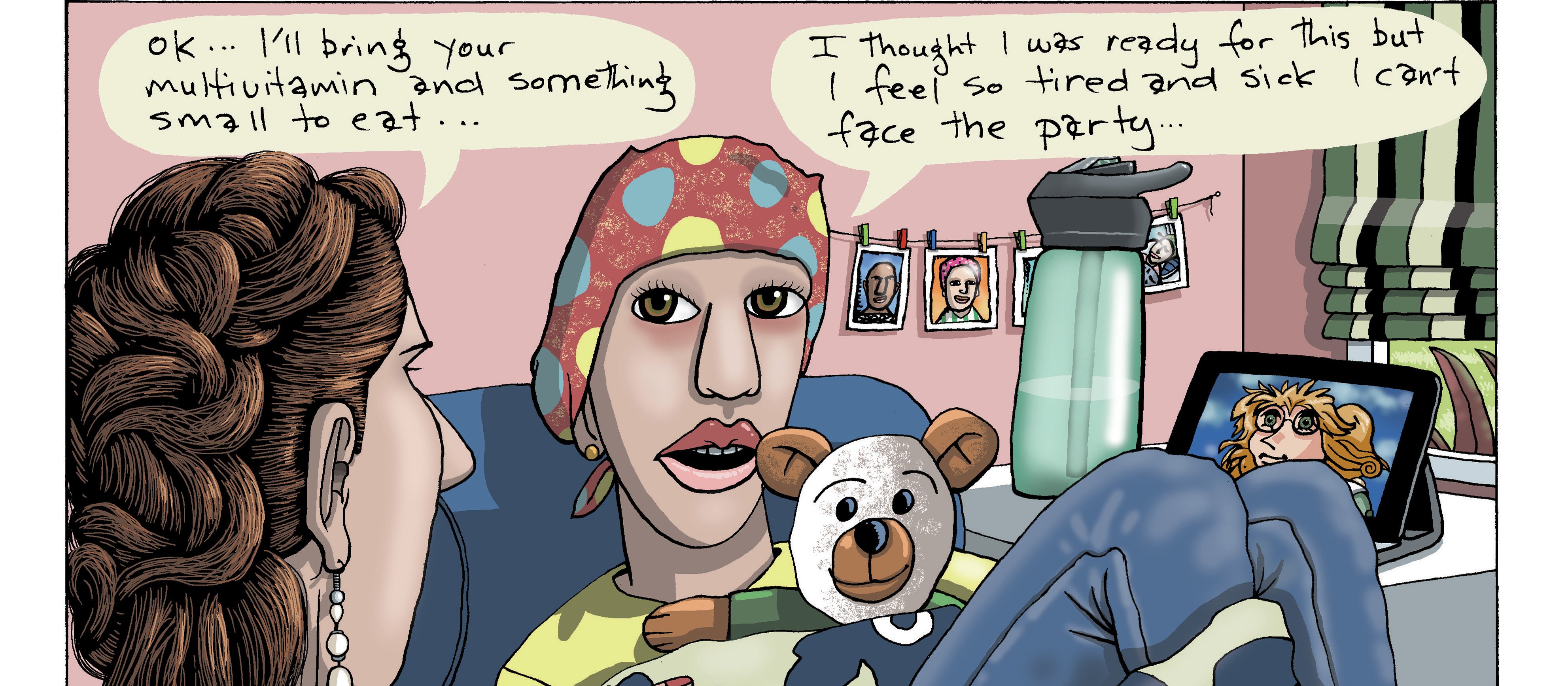For older people and frail people, the long-term benefit of medicines reduces and the potential for harm from adverse effects increases. When the benefit–risk balance changes in this way, medicine review and optimisation are important to simplify the therapeutic regimen, reduce inappropriate medicines and minimise risks. In this article, pharmacist prescriber Linda Bryant uses two case studies to illustrate important considerations during medicine reviews
Complications of cancer

The patient with cancer nearing the end of life may have a number of symptoms that can reduce quality of life. By planning ahead with the patient and family, a combination of physical and psychological interventions can be initiated by the GP to alleviate some of these. Those commonly encountered, and discussed in this article by Rod MacLeod, are fatigue, nausea and vomiting, dyspnoea and cough, hypercalcaemia, haemorrhage, superior vena cava obstruction and spinal cord compression
Kia ora and welcome to New Zealand Doctor Rata Aotearoa
Not a subscriber? Unlock this article by subscribing here.
Ahmedzai S, Muers M (Eds). Supportive Care in Respiratory Disease. Oxford Scholarship Online; 2011. https://doi.org/10.1093/acprof:oso/9780192631411.001.0001
Cherny NI, Fallon MT, Kaasa S, et al (Eds). Oxford Textbook of Palliative Medicine, sixth edition. Oxford University Press; 2021. https://doi.org/10.1093/med/9780198821328.001.0001
MacLeod RD, Van den Block L (Eds). Textbook of Palliative Care. Springer, Cham; 2018. https://doi.org/10.1007/978-3-319-31738-0
MacLeod RD, Macfarlane S. The Palliative Care Handbook, ninth edition. Wellington, NZ: Hospice New Zealand; 2019. https://www.hospice.org.nz/wp-content/uploads/2019/03/Palliative-Care-Handbook.pdf
Morgan-Jones P, MacLeod RD, Ellis P, Lynch J. Lobster for Josino. Sydney, Australia: HammondCare Media; 2018.



